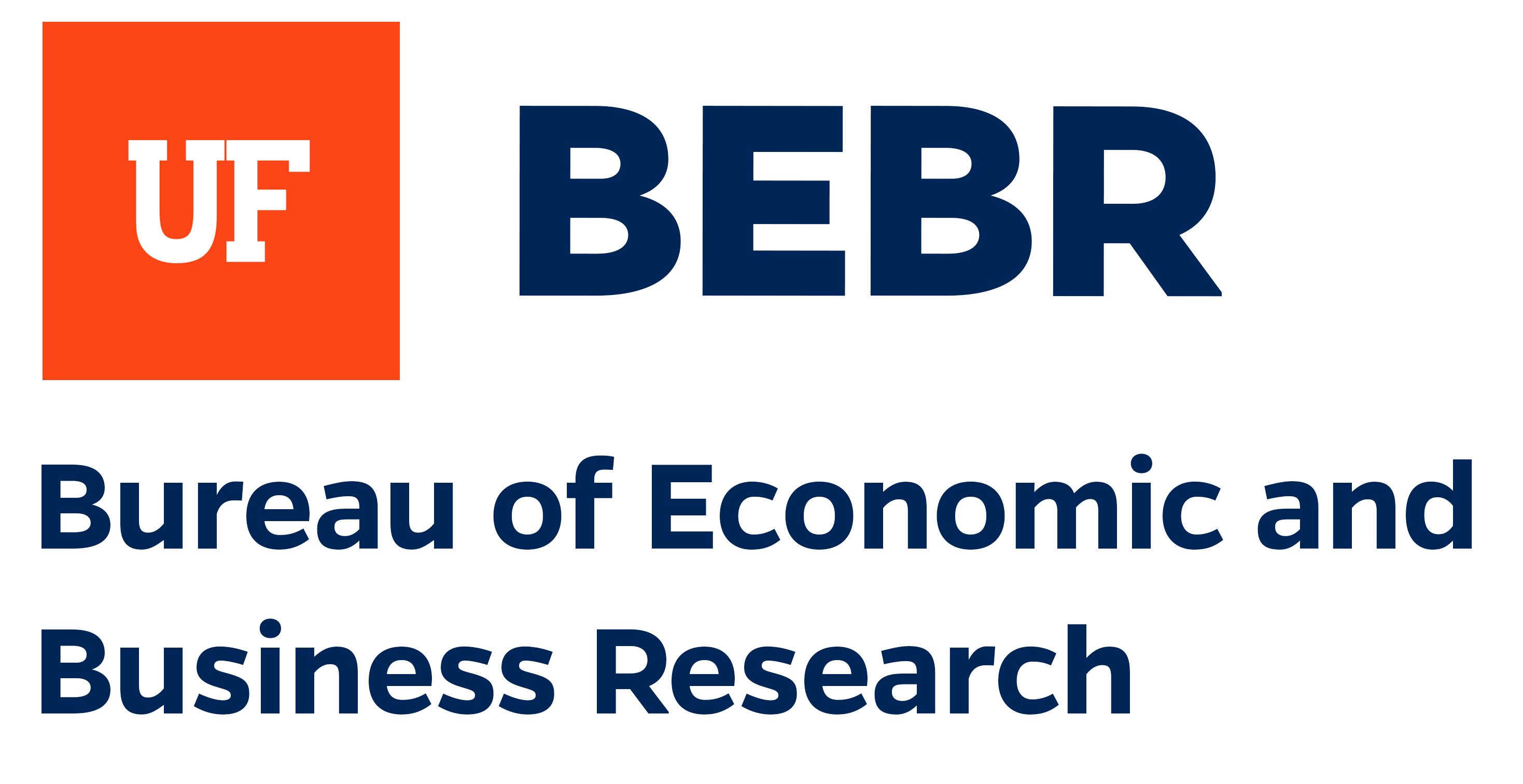Hector H. Sandoval
January 2018
- Prepared by the University of Florida Bureau of Economic and Business Research (BEBR)
- Hector H. Sandoval, PhD, Bureau of Economic and Business Research
Racial inequity is a long-standing issue in many communities across the United States, affecting the opportunities of minority individuals and families. In March 2016, the United Church of Gainesville and the Alachua County branch of the National Association for the Advancement of Colored People (NAACP) sponsored a weekend-long seminar to focus community efforts on inequities in the Alachua County area. The seminar featured speakers from the Dane County, Wisconsin Race to Equity Project. This project collected existing national, state, and local data documenting racial disparities in the county and comparing those disparities to Wisconsin and the United States overall. Their study led to a community-wide focus on how their community can work together to meet the challenge of narrowing the gaps in quality of life among all racial and ethnic groups.
A group of Gainesville, Florida community leaders representing Alachua County, Alachua County Public Schools, City of Gainesville, Gainesville Area Chamber of Commerce, Santa Fe College, UF Health, and University of Florida saw value in completing a similar project. Wishing to understand and document racial inequity in Alachua County, this group called for the development of a baseline report grounded in quantitative findings to document and provide insights about the extent, nature, and source of racial inequality in Alachua County. The University of Florida Bureau of Economic and Business Research (BEBR) led this project in collaboration with the University of Florida Program for Resource Efficient Communities (PREC). This website contains the main results of this effort.
Please let us know how you are using the information contained in this report by emailing United Way of North Central Florida at research@unitedwayncfl.org.
Use the following links to download the documents containing the baseline report, the more in-depth supplemental module on housing, transportation, and neighborhoods developed by UF PREC, and a slide show presentation of the report.
BASELINE REPORT:
HOUSING, TRANSPORTATION, and NEIGHBORHOOD BASELINES:
PRESENTATION (SLIDES):
